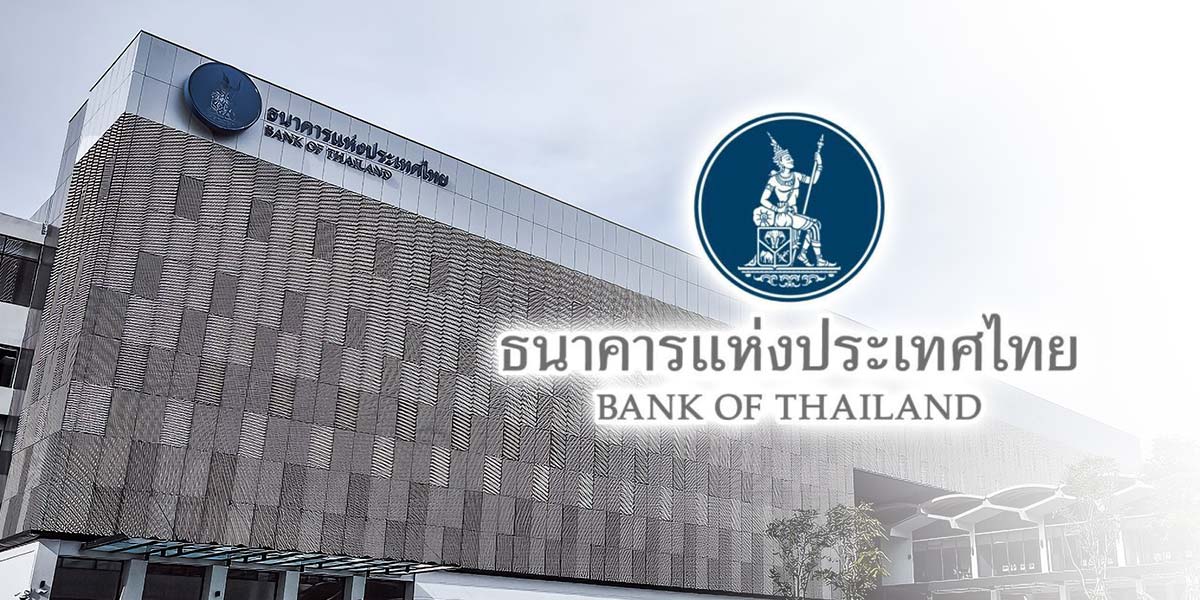Thailand’s central bank has moved to temper the rapid appreciation of the baht after the currency reached its highest point in four years, a trend that poses risks to the nation’s fragile economic recovery. Chayawadee Chai-anant, assistant governor of the Bank of Thailand, said on Friday that authorities are actively managing the currency and highlighted a recent rise in foreign reserves as evidence of intervention.
Chayawadee Chai-anant stated that the Bank of Thailand is actively monitoring and managing the baht’s recent movements, as reflected by the rise in foreign reserves, and continues to prioritize stability by preventing excessive or rapid fluctuations in the currency.
As of Friday, the baht traded around 31.87 against the US dollar, marking an approximate 8% rise for the year—making it the region’s second-best performing currency after the Taiwan dollar. The currency’s rapid strengthening has drawn concern among policymakers, given its potential to undermine exports and tourism—the twin engines of Southeast Asia’s second-largest economy.
Analysts attribute the baht’s surge to a combination of a weaker US dollar, consistent current account surpluses, and heightened gold trading within the country.
Regarding the taxation of online gold sales, Chayawadee said that there are no plans to introduce the measure at this stage as the plan needs to be discussed further with market participants and consultation with the new finance minister.





